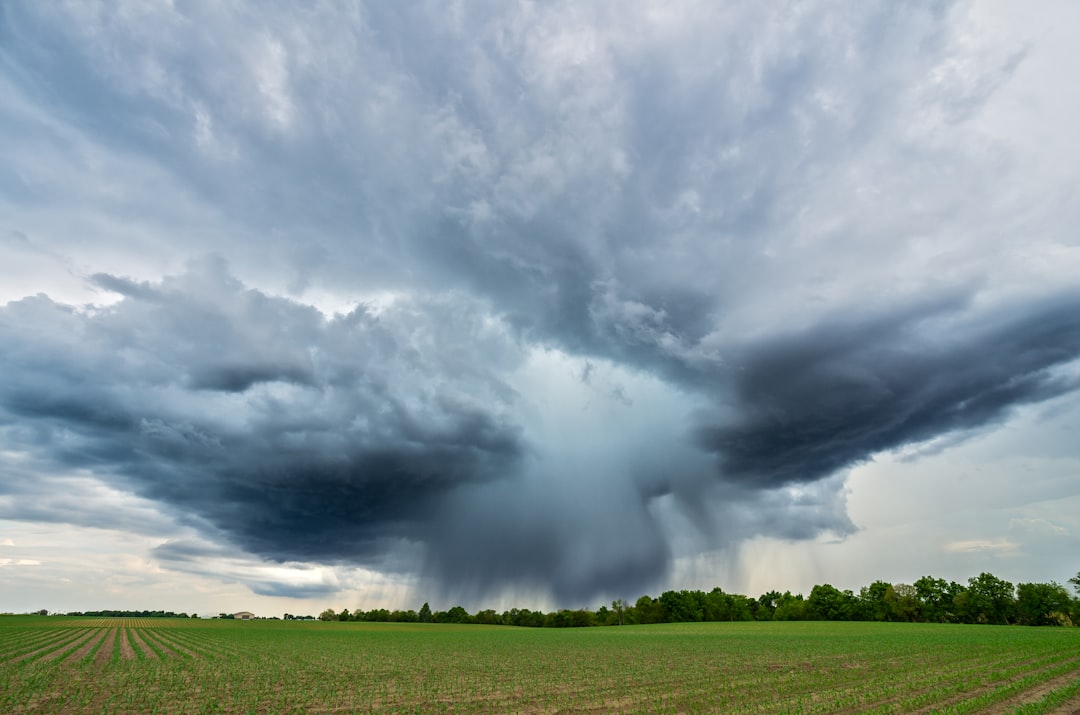What is it about?
This article explains why it is so difficult to get effective action to deal with climate change. Large scale environmental problems activate specific psychological processes that prevent effective political action. How we talk about climate change matters, and studies of how ritual works can be surprisingly helpful for developing more effective strategies to redirect behaviour.
Featured Image

Photo by Kunal Shinde on Unsplash
Why is it important?
Climate change is an urgent environmental problem, but campaigns to implement necessary policy changes often fail to engage people, or backfire and increase harmful behaviour. Simple practices such as expressing thanks and gratitude for positive things we have been given when talking about large scale environmental threats can help motivate people to act for the common good.
Perspectives
Ecology and environmentalism are often full of doom and gloom, and whether we are academics, developing policy, or working for change with NGOs this can leave us feeling burnt out. We need more positive strategies for change that move us in the right direction and make it pleasurable to do so.
Dr. Barbara Jane Davy
University of Waterloo
Read the Original
This page is a summary of: Ecocriticism, Theology, and the Environment in Haviva Pedaya’s The Eye of the Cat, Worldviews Global Religions Culture and Ecology, November 2021, Brill,
DOI: 10.1163/15685357-20211001.
You can read the full text:
Contributors
The following have contributed to this page










